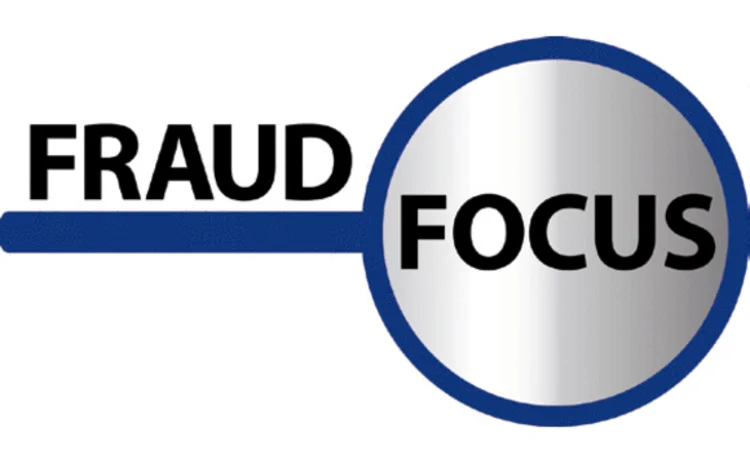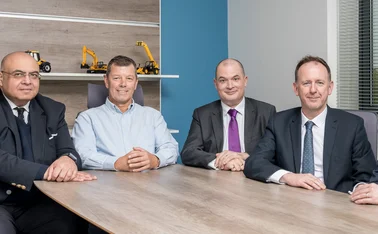
Fraud Focus: Catching up with motor fraud

Are the days of motor insurance fraudsters numbered? Playing devil’s advocate, you might be forgiven for thinking that is the case.
The technological net is closing in quicker than ever before, and telematics is on the up – but that is only the very beginning. In February, the Association of British Insurers called for more car manufacturers to fit autonomous emergency braking as standard, stating that this measure alone could cut the number of personal injury claims by almost one-fifth.
Then there is technology such as lane departure warnings, blind spot detection, surround-view cameras and driverless cars, to name just a few. Aside from some of the obvious fraud detection benefits this new technology will bring, does it also have a wider deterrent effect?
Well, few would argue there isn’t some wider deterrent value, and that can only be a good thing for insurers. It’s certainly true that a welcome spin-off from all of this technology is an increasingly sophisticated means of fraud detection.
However, the answer to my original question is still a resounding no. The days of some of the current scams used by fraudsters might be numbered, but motor fraud will continue to exist. Insurers, car manufacturers and law enforcers are not the only ones evolving and innovating; organised fraudsters are engaged continually in their own research.
There has been the evolution from using mobile phones to the likes of Blackberry Messenger and Skype. The increasing use of portable GPS jammers to try and circumvent tracking devices is something we can expect to see more of.
The last Serious Organised Crime Threat Assessment conducted by Europol estimated there are some 3600 Organised Crime Groups active in the European Union, and more than 30% of these are poly-crime groups, involved in more than one crime area. It observed one of the most notable changes in organised crime has been the increasing use of technological advances and that fraud, in particular, was increasingly emerging as a significant threat.
So, while embracing all the benefits technology brings, we must remain alert to the inevitable fact that it will also bring with it new scams, and the sooner those threats are understood, the better position the industry will be in to react to them.
Jamie Taylor
Counter-fraud director, insurance, DWF
This article was published in the 13 March edition of Post magazine
Only users who have a paid subscription or are part of a corporate subscription are able to print or copy content.
To access these options, along with all other subscription benefits, please contact info@postonline.co.uk or view our subscription options here: http://subscriptions.postonline.co.uk/subscribe
You are currently unable to print this content. Please contact info@postonline.co.uk to find out more.
You are currently unable to copy this content. Please contact info@postonline.co.uk to find out more.
Copyright Infopro Digital Limited. All rights reserved.
You may share this content using our article tools. Printing this content is for the sole use of the Authorised User (named subscriber), as outlined in our terms and conditions - https://www.infopro-insight.com/terms-conditions/insight-subscriptions/
If you would like to purchase additional rights please email info@postonline.co.uk
Copyright Infopro Digital Limited. All rights reserved.
You may share this content using our article tools. Copying this content is for the sole use of the Authorised User (named subscriber), as outlined in our terms and conditions - https://www.infopro-insight.com/terms-conditions/insight-subscriptions/
If you would like to purchase additional rights please email info@postonline.co.uk








